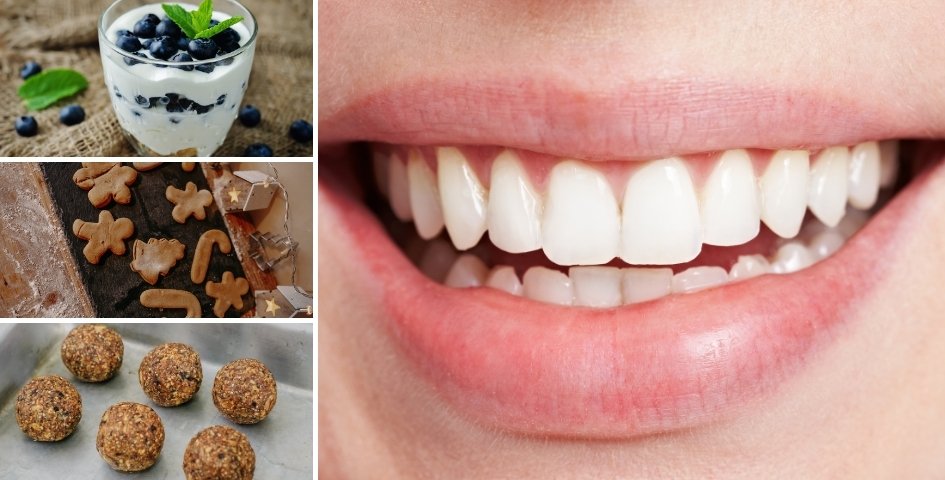
Did you know that nearly 1 in 4 adults have untreated tooth decay? Regular dental visits play a vital role in maintaining oral health. These visits help detect issues early, preventing more severe problems down the line. They also support your overall health, as poor oral health can be linked to serious conditions like heart disease and diabetes. This blog will help you learn how often to visit the dentist and discover best practices for maintaining excellent oral health. By understanding the importance of dental check-ups and daily care, you can take proactive steps toward a healthier smile.
Understanding Dental Visits
What Happens During a Dental Visit?
During a dental visit, you undergo several procedures that help maintain your oral health. A dental check-up typically includes an examination of your teeth and gums. The dentist will check for cavities, gum disease, and other oral health issues.
Dental cleanings follow, during which a hygienist removes plaque and tartar build-up. They also polish your teeth to remove stains and apply fluoride treatment for added protection.
Types of Dental Visits
There are several types of dental visits. Routine check-ups, which are essential for preventive care, usually occur every six months. Emergency visits address sudden issues like toothaches or injuries. These appointments focus on immediate care to relieve pain and prevent further damage
Additionally, specialized care may be necessary for those needing orthodontics (braces) or periodontics (gum treatments). Each visit plays a unique role in maintaining overall dental health.
Recommended Frequency of Dental Visits
General Guidelines
Dental associations, including the American Dental Association (ADA), recommend visiting the dentist every six months. This frequency helps ensure early detection of potential issues and maintains good oral hygiene.
Factors Influencing Visit Frequency
However, individual circumstances can influence how often you should visit the dentist. Age is a significant factor; children and seniors often require more frequent visits. Additionally, your oral health status matters. If you have gum disease or cavities, you may need to see the dentist more often for treatment.
Lifestyle factors also play a role. If you smoke or consume a high-sugar diet, you may be at greater risk for oral health problems. Finally, specific dental conditions, such as having braces, may require you to visit the dentist every few months for adjustments. Understanding these factors helps you determine the best schedule for your dental visits.
Signs You Should Visit the Dentist Sooner
Common Symptoms to Watch For
Some symptoms indicate that you should visit the dentist sooner. Tooth pain or sensitivity often signals an underlying issue, such as a cavity or infection. Bleeding gums can indicate gum disease, which requires prompt attention to prevent further complications.
Bad breath, or halitosis, can result from untreated dental issues or poor oral hygiene. Visible changes in your teeth or gums, such as discoloration or swelling, should also prompt a visit.
Importance of Prompt Attention
Seeking prompt attention for these symptoms is crucial. Early intervention can prevent serious issues like tooth loss or systemic infections. By addressing problems quickly, you can save time and money while preserving your smile.
Best Practices for Oral Health Between Visits
Daily Dental Care Routine
Maintaining good oral health at home is vital. Establish a daily dental care routine that includes brushing, flossing, and using mouthwash. Brush your teeth at least twice a day using a fluoride toothpaste. Use a soft-bristled toothbrush and gentle circular motions for effective cleaning. Spend at least two minutes brushing to ensure you cover all surfaces.
Floss daily to remove plaque and food particles between teeth. Mouthwash can help kill bacteria and freshen your breath.
Diet and Its Impact on Oral Health
Your diet also affects oral health. Include calcium-rich foods, such as dairy products, leafy greens, and almonds. These help strengthen teeth. Avoid sugary snacks and beverages, as they contribute to tooth decay.
Importance of Staying Hydrated
Staying hydrated is equally essential. Drinking water helps wash away food particles and bacteria, reducing the risk of cavities. Aim for at least eight glasses of water daily to keep your mouth healthy.
The Role of Technology in Dental Care
Advances in Dentistry
Technology plays a vital role in enhancing dental care. Innovations like digital x-rays allow dentists to detect problems with minimal radiation exposure. Telehealth appointments enable patients to consult with their dentist without visiting the office, improving accessibility.
At-Home Care Technologies
At-home care technologies like smart toothbrushes and dental apps help you monitor your oral health. These tools can track your brushing habits and remind you to schedule appointments, ensuring you maintain excellent oral hygiene.
Regular dental visits are crucial and one of the best practices for oral health. They allow for early detection of issues and provide opportunities for professional cleaning. You can support your dental health between visits by following best practices at home, such as proper brushing, flossing, and diet.
Do not wait! Schedule your next appointment with our Dentist in Jamaica Plain and take the necessary steps toward a healthier smile today.



